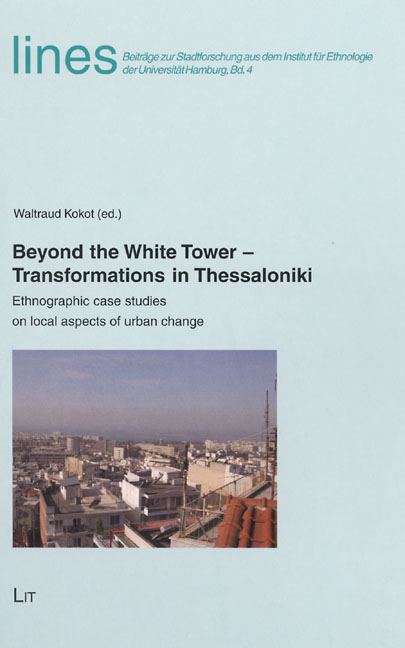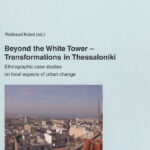Beschreibung
To most visitors passing through the city on their way to the beaches of Chalkidiki or to the Greek Islands,
Thessaloniki means little more than its most famous tourist sites: the White Tower and the adjacent waterfront,
the fortress dominating the upper city, and a few monuments from ancient, Byzantine or Ottoman times. But such
reduced impressions do little justice to the rich multicultural past of the city, nor to its present position as a
cultural and economic centre of northern Greece and a gate to the Balkans.
Since the beginning of the 1990es, Thessaloniki has experienced vast economic, social and architectural
transformations The last two decades have also brought significant changes to the city´s urban image and public
presentation. Sparked by its nomination as European Cultural Capital in 1997, there has also been a renewed
interest in Thessaloniki´s multicultural history, especially in the city´s Sephardic heritage.
The presence of new immigrants, mainly from Albania and the former Soviet Union, but also from Asia
and Africa has also become quite visible in Thessaloniki´s public space. Less obvious, but equally
related to the transformations of the past two decades, is the increase of homeless persons spending
their days and nights in the inner city and along the waterfront.
The articles in this book are based on a student research project in Thessaloniki (2004), presenting five
ethnographic case studies on local effects of these transformations, ranging from issues of new
immigration, changing public representations in the Jewish community, to survival strategies of the
urban homeless.
LINES is a series of cases studies in urban anthropology published by the Institut für Ethnologie
(Institute of Social / Cultural Anthropology) at the University of Hamburg.


